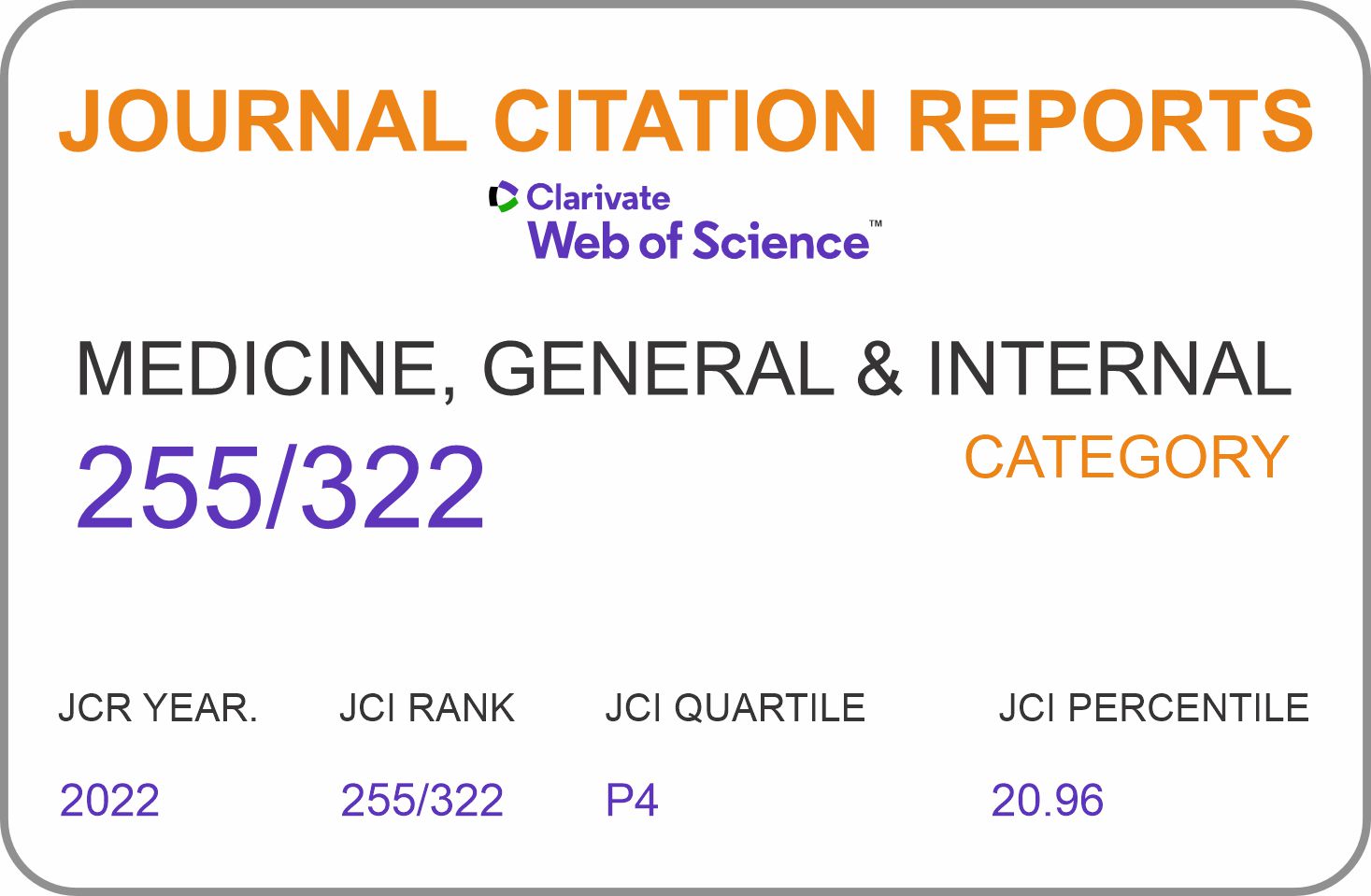Level of knowledge in tuberculosis treatment among doctors in the Lambayeque Region
DOI:
https://doi.org/10.35434/rcmhnaaa.2020.133.731Keywords:
uberculosis, first level, knowledge, validationAbstract
Objetive. To measure the level of knowledge about treatment of tuberculosis in doctors of the first level of care in the Lambayeque Region. Material and Methods: Descriptive, cross-sectional study. Data were collected in health facilities at the first level of care. Sample size: EPIDAT v 3.1 was used: population size of 221 persons, 95% confidence level, 5 absolute precision %, An expected low level of knowledge in treatment of TB in physicians of 27%; A sample size of 97 participants was obtained. A total of 113 physicians selected for non-probabilistic sampling were included for convenience, excluding those who work only in private care and administrative activities. An instrument previously validated. Absolute and relative frequency analyzes were performed for qualitative and mean variables and standard deviation for quantitative variables. In addition, the inferential analysis with Chi2 and ANOVA with p <0.05. Results: 60.2% have a work experience of more than 5 years; 43.4% attended at least 1 patient in the last 6 months. When the level of knowledge was analyzed, it was obtained that of the 64/113 doctors surveyed obtained between 11 and 15 points (average level). Conclusions: The knowledge more frequent is medium and low level in doctors of first level care of the Lambayeque region.















